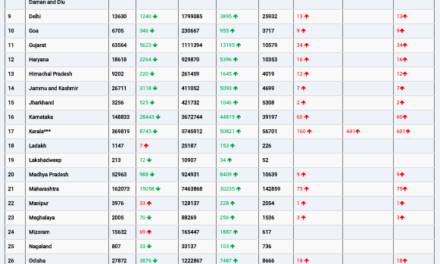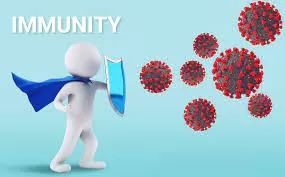In a groundbreaking development, scientists at Chapman University’s Schmid College of Science and Technology in California have unveiled DrugAI, a revolutionary artificial intelligence model designed to accelerate the drug discovery process. Inspired by the success of ChatGPT in various applications, including medical diagnostics, the team sought to harness the power of AI to design novel drugs to treat diseases.
Unlike traditional drug discovery methods that can be time-consuming and costly, DrugAI leverages advanced machine learning algorithms trained on data from the comprehensive public database BindingDB. By inputting a target protein sequence, such as one typically involved in cancer progression, users can prompt DrugAI to generate unique molecular structures from scratch. The model then iteratively refines these candidates, ensuring they exhibit strong binding affinities to their respective drug targets—a critical factor for drug efficacy.
Dr. Hagop Atamian, one of the lead researchers, explained the significance of DrugAI’s approach: “This allows us to generate potential drugs that have never been conceived of before. The results we’re seeing are truly magnificent.”
In a series of experiments, DrugAI demonstrated remarkable performance. Researchers assessed the molecules generated by DrugAI against several criteria and found that they were of similar or superior quality compared to those produced by other common methods. Importantly, DrugAI’s candidate drugs had a validity rate of 100%, indicating that none of the drugs generated were present in the training set.
Moreover, DrugAI’s candidate drugs exhibited significantly higher drug-likeness, with properties resembling oral drugs by at least 42% to 75% more than other models. Additionally, all DrugAI-generated molecules displayed strong binding affinities to their respective targets, comparable to those identified via traditional virtual screening approaches.
In one experiment targeting Covid-19 proteins, DrugAI outperformed traditional screening methods by generating a list of novel drugs with similar drug-likeness and binding affinity measurements. Notably, DrugAI accomplished this in a quicker and more cost-effective manner.
Furthermore, the scientists designed DrugAI with a flexible structure, allowing for future researchers to add new functionalities. Dr. Atamian emphasized the potential for further refinement of drug candidates, stating, “We’re excited for the possibilities moving forward.”
The development of DrugAI marks a significant milestone in the field of drug discovery, offering a promising avenue for the rapid and efficient identification of novel therapeutics to combat various diseases. With its innovative approach and impressive performance, DrugAI has the potential to revolutionize the pharmaceutical industry and improve patient outcomes worldwide.










